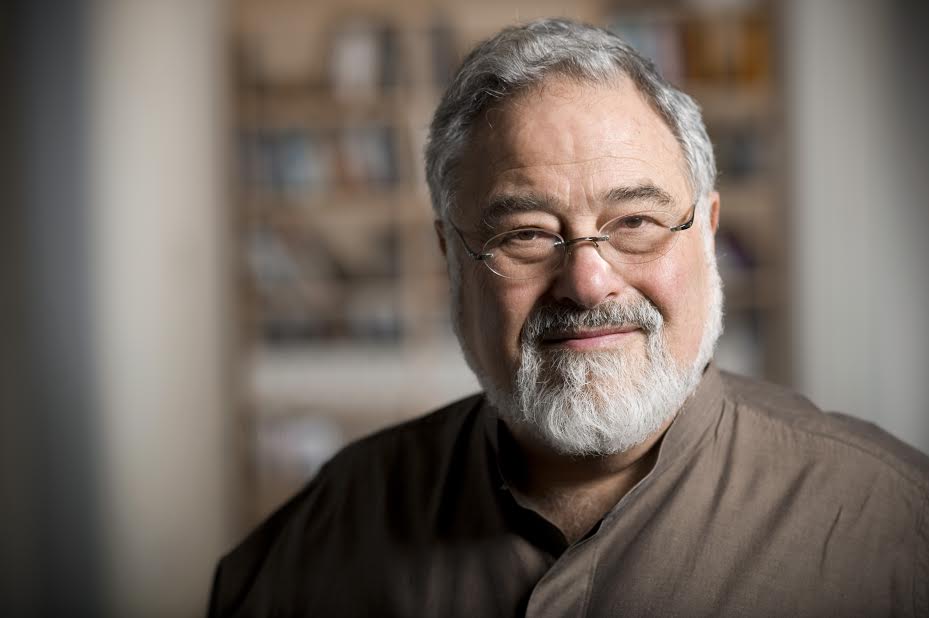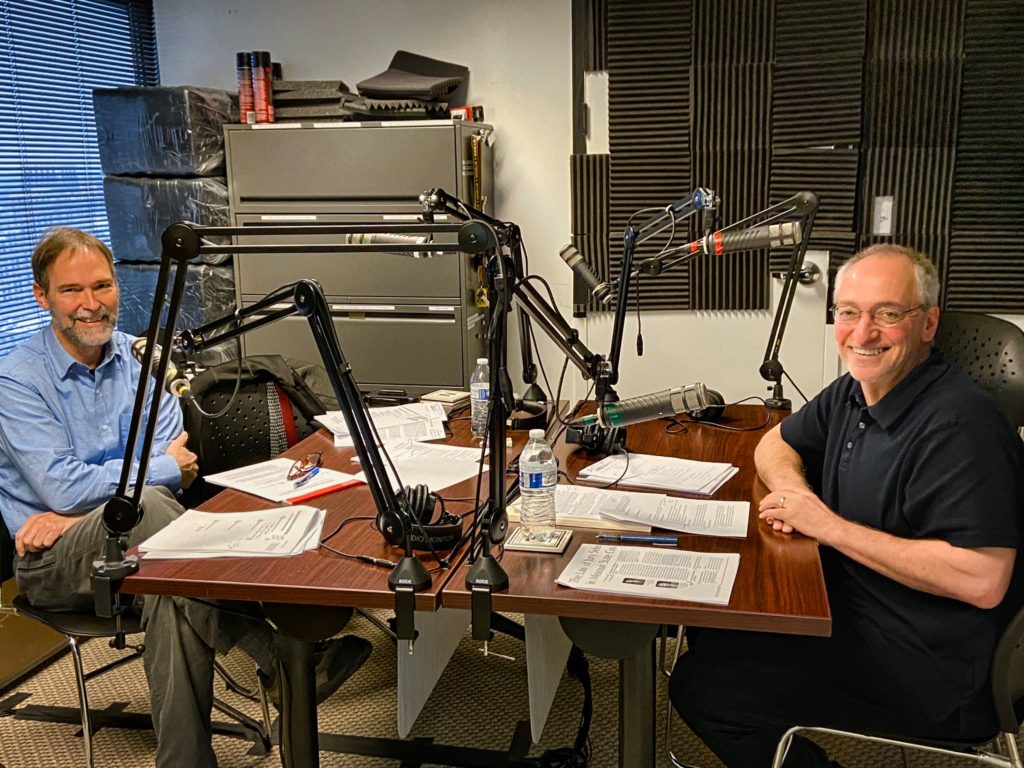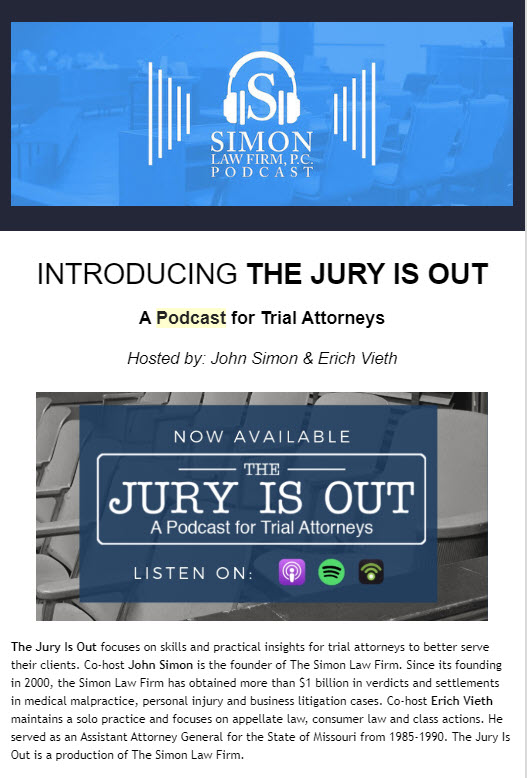George Lakoff’s Expansive Lecture: How Linguistics Relates to Everything Else.
This talk by George Lakoff has got to be one of the most ambitious 40-minute talks I’ve ever watched. Lakoff is a linguist who has spent his life studying language, but not merely language. He has also drilled down into the brain using neuroscience, connecting our use of language to such things as neural binding and mirror neurons. He has also looked upward from conceptual metaphors to point out their personal and cultural ramifications.
Metaphors begin taking root in three-year old children based on physical activities. As adults, we employ these metaphors ever-so-easily in order to understand complex social phenomena such as romantic relationships, art, teaching and politics. Whenever we employ these metaphors (and we are always doing this) we are thinking with our bodies. Further, without these metaphors we would have an impoverished understanding of essentially everything that is important to us. If you don’t want to invest in the entire 40-minute talk, I would urge you to go to the 24-minute mark to hear Lakoff’s story how the explosion of research on conceptual metaphors began with a tearful  graduate student’s comment, “I’ve got a metaphor problem with my boyfriend.” After hearing this story and watching the short audience participation segment where Lakoff connects up romantic love with the physical act of traveling, the field of conceptual metaphor will likely become vivid and compelling for you. Conceptual metaphors are invisible to most of us, but once you see how they work, you will see them everywhere. You might even feel that you have new superpowers for seeing how people talk, think and attempt to persuade each other.
graduate student’s comment, “I’ve got a metaphor problem with my boyfriend.” After hearing this story and watching the short audience participation segment where Lakoff connects up romantic love with the physical act of traveling, the field of conceptual metaphor will likely become vivid and compelling for you. Conceptual metaphors are invisible to most of us, but once you see how they work, you will see them everywhere. You might even feel that you have new superpowers for seeing how people talk, think and attempt to persuade each other.
Lakoff is probably best known for his work on metaphors (with philosopher Mark Johnson), beginning (but by no means ending) with the book, “Metaphors We Live By.” I’ve written on the importance of metaphors in many other places, including here, here and here. Conceptual metaphors are critical to my own profession, the legal profession. I’ve published my own analysis on the critical connection between metaphors and the legal doctrine of stare decisis here: "The Exaggerated Importance of Stare Decisis."



